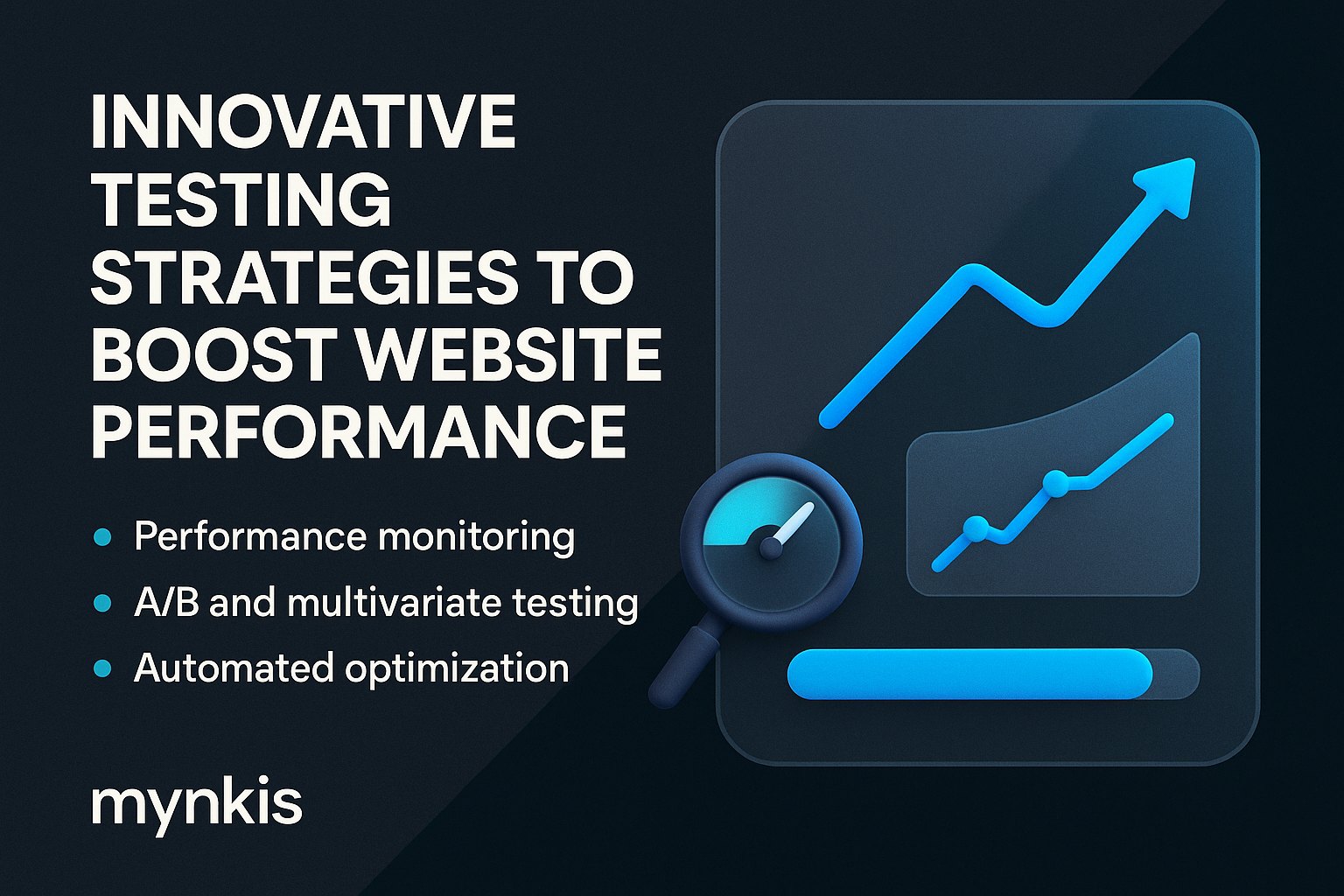Schedule a Demo
Testing is the backbone of successful web development, especially for property listing websites. For brokers looking to enhance their search rankings for local queries, a robust testing strategy ensures that all aspects of your website function flawlessly. From user experience to SEO functionality, thorough testing helps maintain high performance and user satisfaction, which directly impacts your search engine visibility.
There are multiple types of testing essential for a property listing website. Functional testing checks that all features work as expected, ensuring users can seamlessly navigate listings, filter properties, and submit inquiries. Performance testing, on the other hand, focuses on how your site handles traffic, vital for periods of high demand like open listing days. Security testing is crucial to protect user data, a critical concern for any brokerage operation.
In my work with website development for brokers, I've seen how automated testing can revolutionize the process. Tools like Selenium or Cypress can run hundreds of tests in minutes, vastly improving development speed and catching errors early. Automated testing is especially beneficial for regression testing, ensuring new updates don't break existing functionality, which can keep your SEO rankings stable even amidst updates.
Unit testing is fundamental when developing custom software solutions, including property listing websites. It involves testing individual components or functions within your website. This method ensures each part of your site is working correctly before integration. For example, a unit test might verify that a search function correctly retrieves properties matching user-specified criteria, enhancing user experience and thus improving SEO outcomes.
While unit testing checks individual parts, integration testing examines how these parts work together. This is particularly important for property listing sites, where the seamless interaction between search, listing, and contact forms is vital. Integration testing helps prevent issues that could detract from user experience and, therefore, negatively affect SEO by ensuring the entire system functions harmoniously.
User Acceptance Testing (UAT) involves the end-users—brokers in this case—testing the website to confirm it meets their requirements. In my work, I've found that UAT sessions provide invaluable feedback, helping refine features specific to property listings, like enhanced search filters or intuitive user dashboards. Ensuring the website passes UAT boosts not only user satisfaction but also dwell time, a key SEO metric.
An often-overlooked aspect, accessibility testing, ensures your property listing website can be used by everyone, including those with disabilities. Implementing WCAG guidelines not only broadens your potential audience but also signals to search engines like Google that your site is inclusive, potentially boosting your SEO ranking. Testing for accessibility involves checking screen reader compatibility, keyboard navigability, and adequate color contrast.
For brokers, SEO testing is vital to enhance search rankings for local property listings. It includes testing how well your site performs in search results for localized queries, like "properties for sale in San Francisco." Tools like Google Search Console help monitor this performance. Ensuring page speed, mobile-friendliness, and accurate local data is part of a comprehensive SEO strategy for your website.
During peak times, such as new property releases or open listing periods, your website needs to withstand high user loads without crashing. Load testing simulates various user numbers to ensure your website remains performant, even under stress. This is crucial for SEO as high performance during traffic spikes can help maintain or improve your search rankings.
Security is paramount in web development, particularly for sites handling sensitive user information like property listings. Ensuring your site is secure through rigorous testing not only protects your users but also establishes trust, which indirectly enhances your site's SEO as users are more likely to engage longer with a site they trust.
A/B testing plays a significant role in refining the user experience on property listing websites. By comparing two versions of a page, such as different layouts or calls to action, brokers can determine what works best to convert visitors into leads. This iterative process can significantly improve user interaction metrics, positively impacting SEO and user engagement.
Modern web development practices emphasize continuous integration and continuous testing (CI/CT). Implementing these practices ensures that with every code commit, the software undergoes testing, helping to catch and fix issues before they go live. For brokers, this means your property listing site remains stable and high-performing, which is crucial for maintaining excellent SEO and user trust.
Transparency in testing outcomes is key to maintaining and improving website performance. Publicly sharing, for example, your site's speed and uptime reports can build trust with both users and search engines. It's important to note that results can vary based on several factors, and these metrics should be interpreted within that context. Discussing both the strengths and areas for improvement helps present a balanced view, contributing to the trust your audience places in your services.
Testing data isn't just for troubleshooting; it's a strategic asset. By analyzing this data, you can gain insights into user behavior and adjust your site accordingly. For instance, if testing shows that users commonly exit the site at a particular point, you can address the underlying issues that might impact your SEO. Analyzing where users spend their time on the site can guide optimizations to boost dwell time, a significant factor in SEO performance.
The landscape of web development continues to evolve, and testing strategies must keep pace. As technologies like AI and machine learning become more prevalent in web applications, new testing methodologies will need to emerge. For brokers, staying abreast of these trends means ensuring their property listing websites are at the forefront of both user experience and SEO capabilities, providing a competitive edge in a crowded market.
